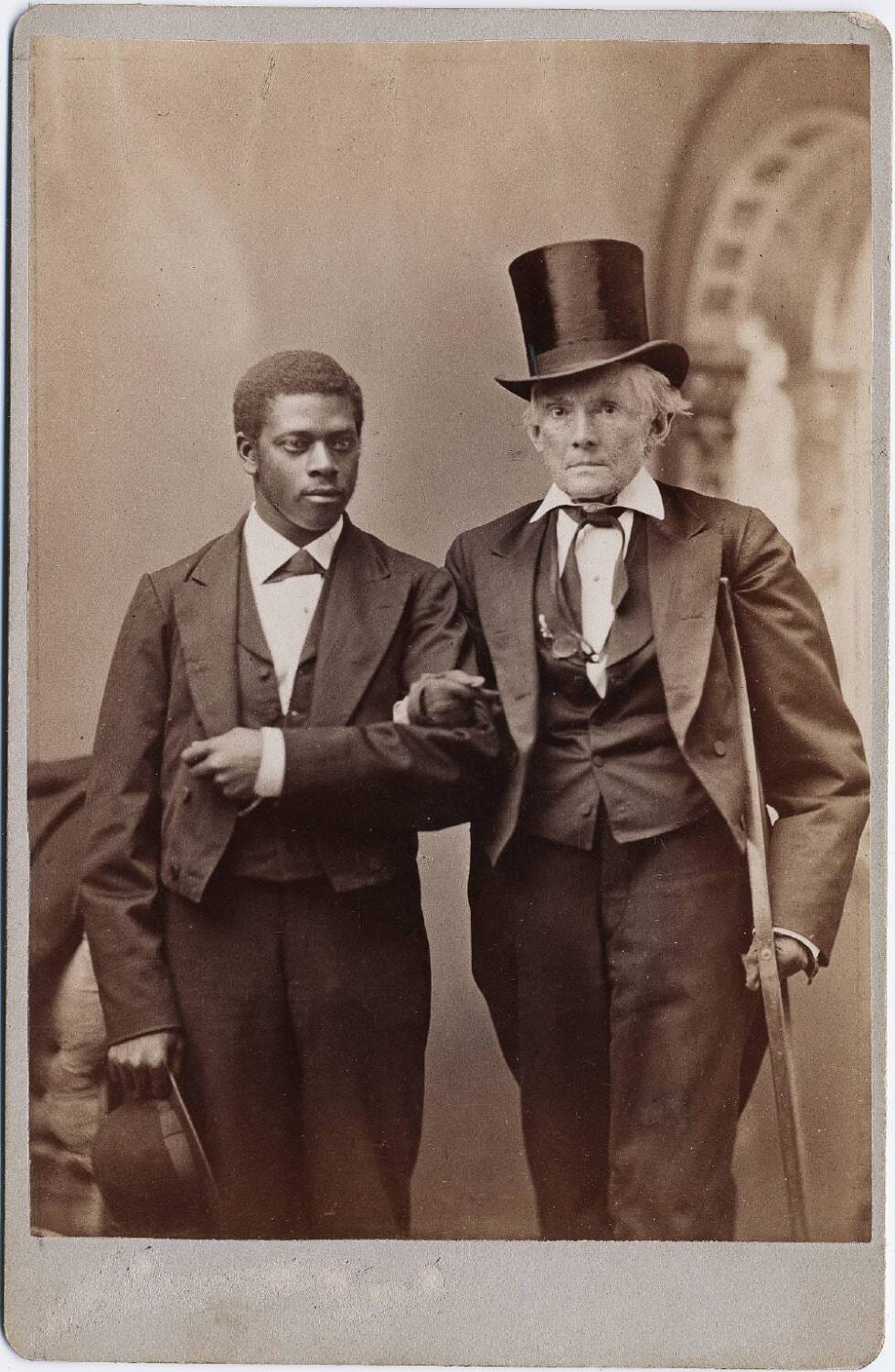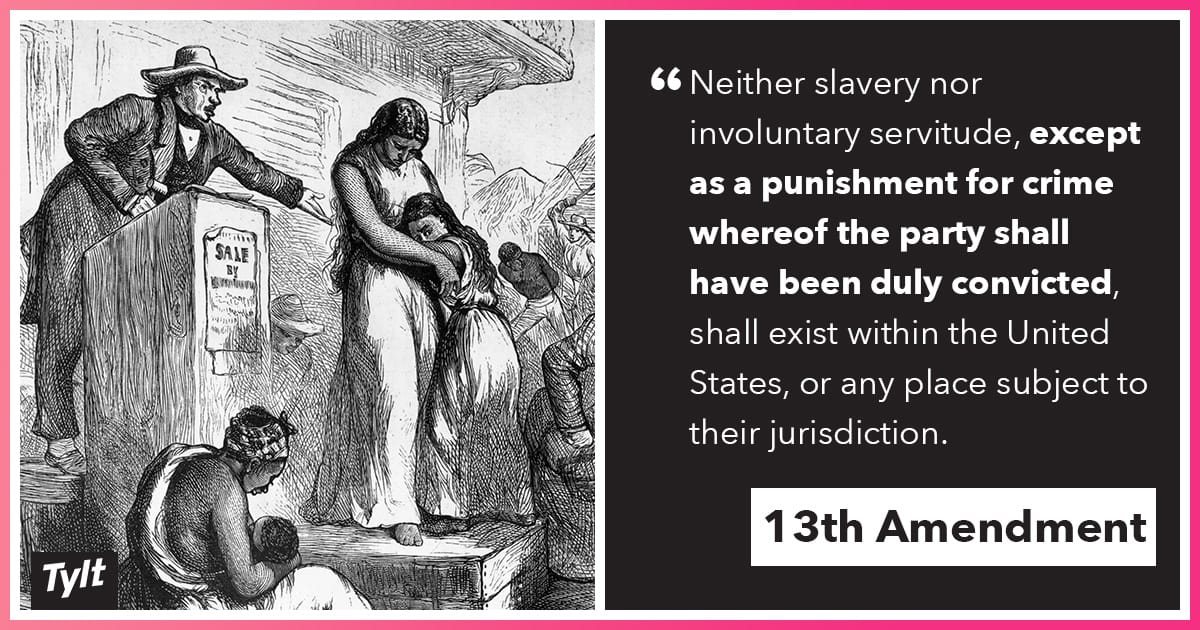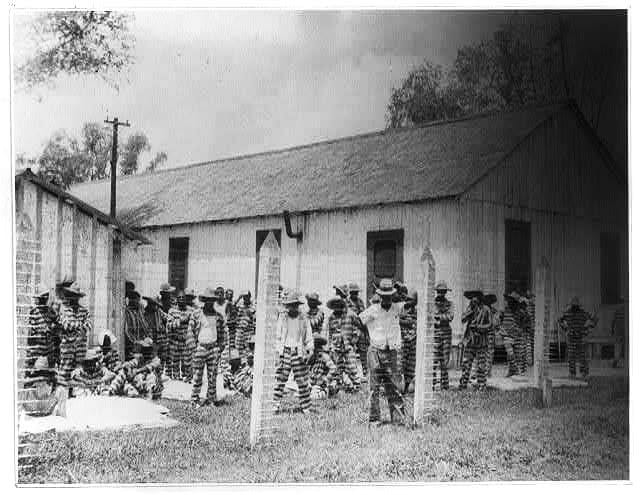
by Ronald Brooks, Decarcerate Louisiana
Dear friends and comrades:
Please read the following information that helps explain the legislative intent of the 13th Amendment to perpetuate slavery under the guise of criminal justice and law and order. My hope is that we can get this information to attorneys, lawmakers, and on-the-ground activists and organizers so that we can strike down finally the constitutional provision of upholding slavery for persons convicted of crime.
This provision clearly has racist roots in the slavery era and we must abolish it immediately!
Abraham Lincoln, in his first inaugural address, said of the Corwin Amendment:
“I understand a proposed amendment to the Constitution – which amendment, however, I have not seen – has passed Congress, to the effect that the Federal Government shall never interfere with the domestic institutions of the States, including that of persons held to service (slavery) … Holding such a provision to now be implied constitutional law, I have no objection to its being made express and irrevocable.”
This provision clearly has racist roots in the slavery era and we must abolish it immediately!
Just weeks prior to the outbreak of the Civil War, Lincoln sent a letter to each state’s governor transmitting the proposed amendment, noting that Buchanan [James Buchanan, who preceded Lincoln as president] had approved it.
The Corwin Amendment was the second proposed “13th Amendment” submitted to the states by Congress. The full text of the proposed amendment reads as follows, from March 2, 1861:
“No amendment shall be made to the Constitution which will authorize or give to Congress the power to abolish or interfere, within any State, with the domestic institutions thereof, including that of persons held to labor or service by the laws of said State.”
”
I traced the history of the 13th back to 1777. It wasn’t something they just thought up – on the spot exception clause and all. That particular wording went through a number of phases as first Northern and then Southern states started using convict leasing.
Lincoln was a proponent of the convict lease system and saw it as a restricted form of slavery that the state could exploit and the people would accept. He said as much clearly in his letter to Alexander H. Stephens just four months before the start of the Civil War. [Alexander Hamilton Stephens was vice president of the Confederacy during the Civil War, 1861-65.]

“You think slavery is right and ought to be extended; while we think it is wrong and ought to be restricted. That I suppose is the rub.”
Letter to Alexander H. Stephens
From “Abraham Lincoln, Springfield, Illinois, December 22, 1860.
“For your own eye only, Hon. A. H. Stephens:
“My dear Sir”
“Your obliging answer to my short note is just received, and for which please accept my thanks. I fully appreciate the present peril the country is in, and the weight of responsibility on me.
“Do the people of the South really entertain fears that a Republican administration would, directly, or indirectly, interfere with their slaves, or with them, about their slaves? If they do, I wish to assure you, as once a friend, and still, I hope, not an enemy, that there is no cause for such fears.
“The South would be in no more danger in this respect, than it was in the days of Washington. I suppose, however, this does not meet the case. You think slavery is right and ought to be extended; while we think it is wrong and ought to be restricted. That I suppose is the rub. It certainly is the only substantial difference between us.
“Yours very truly
“A. LINCOLN”
Ronald Brooks of Decarcerate Louisiana can be reached at decarceratelouisiana@gmail.com






